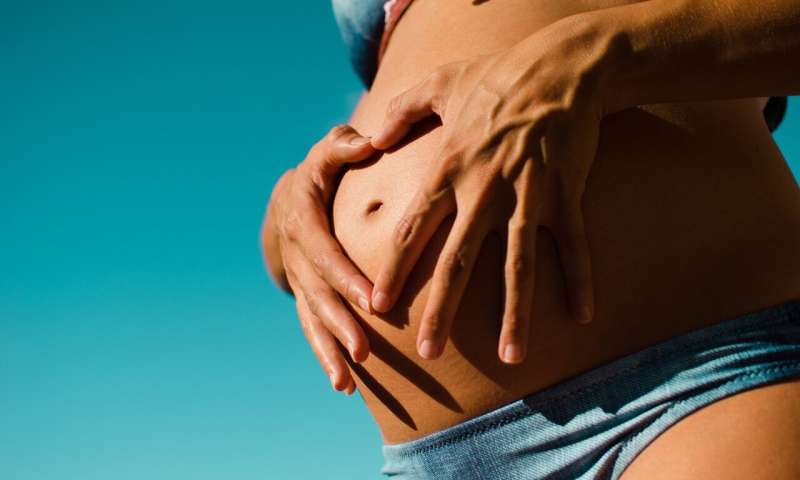European Society of Human Reproduction and Embryology updates guideline on endometriosis care

A new guideline on the diagnosis, treatment and management of endometriosis has been published today by the European Society of Human Reproduction and Embryology (ESHRE).
The comprehensive document outlines more than 100 recommendations on best practice on caring for women with this disease, a chronic condition that causes severe pelvic pain and reduced fertility for millions worldwide.
The guideline provides the first update on endometriosis in seven years and addresses significant changes in clinical practice. Laparoscopy, previously a gold standard treatment, is now only recommended in the guideline for specific cases such as patients who have symptoms but their scan results come back negative. For pain-management, hormone therapy is now recommended for patients post surgery to suppress recurrence of symptoms.
Despite its prevalence and impact, endometriosis is underdiagnosed and can go undetected for years. In addition to informing medical practice, the 192-page document "highlights research gaps" in an area where "there are still a lot of unknowns" says Dr. Nathalie Vermeulen, a senior research specialist at ESHRE who helped draw up the guideline.
Christian Becker, who chaired the guideline development group, said endometriosis was very common affecting approximately 190 million women worldwide, but still "highly underrepresented." "The symptoms such as pain and infertility are often devastating for patients and their families," added Professor Becker, from the Endometriosis CaRe Centre, Nuffield Department of Women's and Reproductive Health at the University of Oxford. "The hope is that the new ESHRE endometriosis guideline will assist both patients and healthcare professionals in their decision making and understanding of the condition."
Dr. Vermeulen and Professor Becker have spent two years working with international medical specialists, epidemiological experts, and patient representatives to draw up the guideline document which includes evaluation of surgical, medical and non-pharmacological treatments for pain management and infertility.
Based in the latest evidence, the recommendations primarily relate to best care for women of reproductive age but also address key gaps in clinical management. Adolescent endometriosis is covered for the first time, with recommendations on the diagnosis and appropriate treatments for symptom management in female adolescents and young adults. In addition, extended information is provided on menopause, and guidance given on pregnancy and fertility preservation in relation to endometriosis.
Endometriosis and cancer is another important topic covered in the guideline. Reassuringly, the risk overall of cancer is not significantly higher in women with endometriosis, and the document strongly advises clinicians to inform women of this.
Patient representative Kathleen King—a member of the guideline development group—said the document would become "an essential part of the toolkit" for those living with endometriosis symptoms.
"I encourage all those with an interest in endometriosis to make full use of the guidelines," added King, a medical scientist and former chair of the Endometriosis Association of Ireland. "Patients can feel confident in using the (lay version of the) guidelines to initiate discussions with their healthcare professionals, and their healthcare team have a guide based on current best practice and scientific information."
More information: Guideline: www.eshre.eu/Guidelines-and-Le … ometriosis-guideline



















